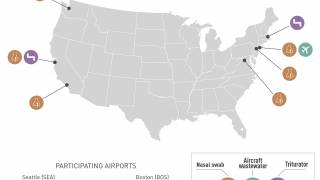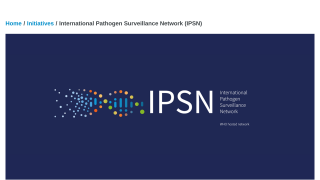The Challenges of an Ebola Vaccine

Ebola is a disease marked by high fever, unexplained bleeding, nausea and vomiting. It is often fatal.
In the heat of an Ebola outbreak screaming through West Africa, World Health Organization (WHO) officials were setting up a timeline for a decision about a widespread Ebola vaccination to administer in the region.
They kept a consistent timeline that they laid out in October of 2014, but they depended heavily on pharmaceutical companies working to manufacture an effective Ebola vaccine, including GlaxoSmithKline and Merck.
All this progress depended on sometimes rushed clinical trials, but the rush was for good reason. The outbreak, which has been contained, took the lives of more than 10,000 people in Guinea, Liberia and Sierra Leone, as well as a few other countries.
Overburdened health care systems in the developing region were unprepared to handle an outbreak of that scale, so international health groups stepped in.
The health groups faced various challenges, many of them logistical. Delivering an Ebola vaccine in the underserved region proved more difficult than initially thought.
Our Trust Standards: Medical Advisory Committee
























